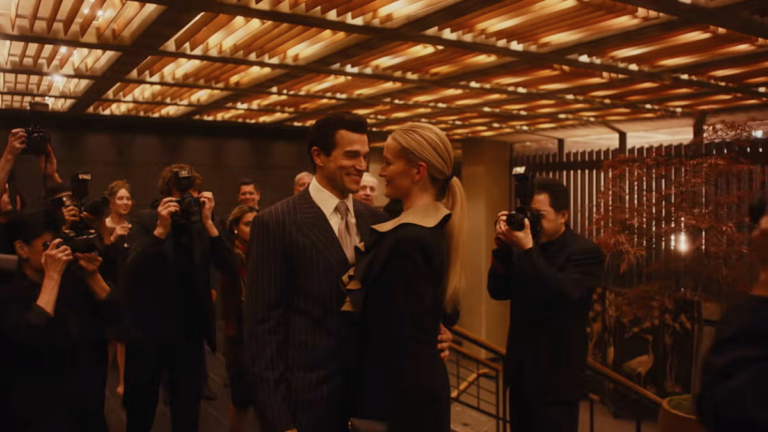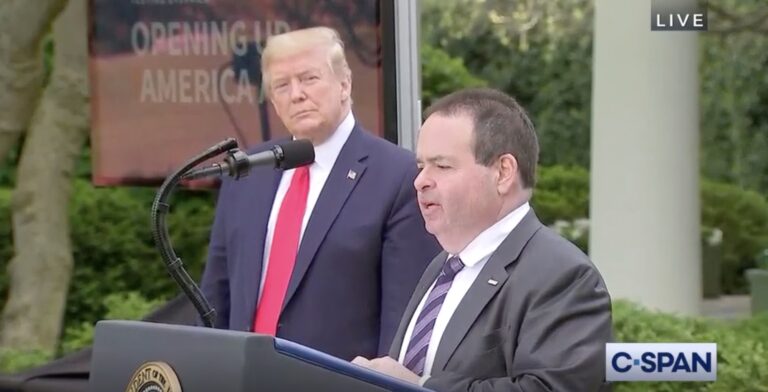Prodigy, Schmodigy: Why I Choose Perspiration
Turning 18 in May was difficult for me because it confirmed that I would never be a child prodigy. I’d held out hope for a while that I’d discover the origin of the universe at age 11, become a respected political pundit by my 14th birthday, or write the next Great American Novel as a high school junior, but as I blew out the candles on my tofu mousse cake, it was with a heavy heart: becoming a wunderkind was just not in the cards. The best that I could do now, I figured, was to invent a word for that tingly sensation that results in the scalp when one changes the partition of hir hair. (I would call this feeling partesiosis, pronounced par-TEA-see-o-sis, by the way.)
Each year I read through the biographies of the 340 or so semifinalists and finalists of the Intel Science Talent Search, which recognizes the prodigious talent of youngsters in high schools across the country. I perused these blurbs with the same hyperfocus that another teenager might apply to Playboy. Sometimes pausing to make snide comments to myself about the personal information the students had submitted—“First in her class of 1,473, Lorraine enjoys condensed matter physics, whitewater slalom racing, and playing the trumpet”—initially provided cathartic release, but eventually just became sad, as these people were reducing the threat of landmines using seismic vibrators, and I was knitting a sweater whose armholes were approximately the circumference of a peanut.
So it was with a mixture of self-pity and prodigy-loathing that I approached the milestone of hitting adulthood. No matter how grand I’d made my accomplishments seem on the Common Application—with the right phrasing, you can make even managing a middling swim team a testament to your responsibility and dedication—they were petty compared to those of my peers. Sure, there were things that I was reasonably good at, but when I pitted my talents against mastering the intricacies of quantum physics, the winner was fairly obvious.
I’ve been 18 for a few months now, and since then I’ve matured considerably. I have made three important realizations, and though none of them will shortlist me for the Nobel Prize, they’ll do for now.
The first thing I realized: All talent has worth and dignity. The things I’ve knitted demonstrate the nimbleness and dexterity of my phalanges—take that, sausage-fingered engineering prodigies!
The second thing I realized: Age is but a number of revolutions we have made around the sun. And many things, like grapes and tomatoes, only get better with exposure.
The third thing I realized—and this is clutch: There is a difference between being a prodigy and being a genius.
Genius, it turns out, is still possible. It’s not related to age or IQ, or to any other inborn quality that prodigies hold over us normal people. The trait of genius, in fact, is demonstrated by great dedication and meaningful contribution to a field. Genius is possible all the time, accessible at any age, and most of the time achieved through nothing but hard work.
It’s occurred to me that I’ve seen people become geniuses—it’s happened in front of my very eyes. My sister became a genius when she sang a song that made people cry. A friend of mine became a genius after solving a math problem on which she’d toiled for 72 hours. My high school English teacher re-geniused herself with every lesson that evoked perfect emotional understanding of Shakespeare or Hughes.
Once you start actively seeking it out, there’s genius everywhere, not just in the Intel Talent Search listings or the lineup for the Pulitzer Prize. It’s in the work that we do every day, and in endeavors both individual and collaborative. It’s in the fermentation of ideas that start as cabbage and become sauerkraut, and it’s in the delicately simmering stew of knowledge that is the universal human Crock-Pot. Genius’ lack of immediacy is the reason that going after it is worthwhile at all.
Maybe the pursuit of genius is what stokes the human machine, or maybe it’s just what forces me to pay attention in class. Either way, I think I like working without a deadline.
Davis is a member of the Class of 2017.







seriously. genius. not kidding. you’re a fantastic writer. what a voice.